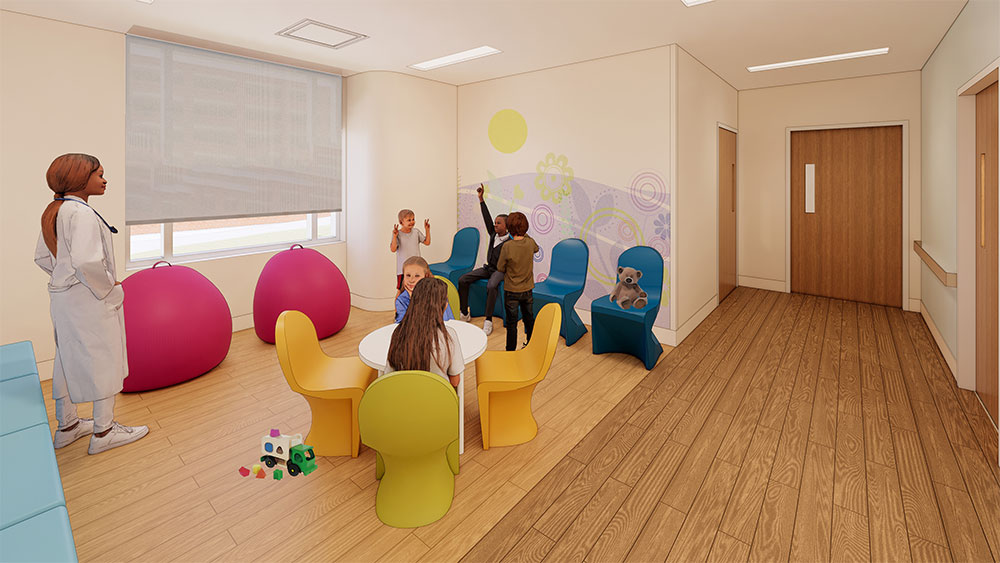Psychiatric emergency care

Psychiatric emergency care
There is a mental health crisis in the United States affecting people of all ages. Nearly one in five adults live with a mental illness, more than half of whom—27 million people—do not receive treatment. Suicidal ideation has increased every year for the past 10 years for adults. In addition, the American Academy of Pediatrics, the American Academy of Child and Adolescent Psychiatry, and the Children’s Hospital Association have joined together to declare a national state of emergency in children’s mental health. Suicide is now the second leading cause of death for 10 to 18-year-olds, and an estimated one in seven children ages four to seventeen are diagnosed with a mental illness each year. In addition, more than 2.5 million youth in the U.S. have severe depression.
The COVID-19 pandemic intensified the mental health crisis and magnified the need for a wide variety of mental health services. Consequently, another focal point of Strong Memorial Hospital’s expansion is an area on the first floor dedicated to emergency mental health services with distinct zones for adult and pediatric patients to separate children and adolescents from adult mental health crises.
Currently, Strong provides two levels of emergency services for adults and pediatric patients experiencing a mental health crisis or distress. Those who may need ongoing observation or to be admitted as inpatients are cared for through the Comprehensive Psychiatric Emergency Program (CPEP). Those who present with less severe psychiatric issues receive care in the Psychiatric Emergency Department (Psych ED). These patients may need a medication adjustment or a modest intervention that will result in their discharge.

Comprehensive Psychiatric Emergency Program (CPEP) pediatric communal area.
The renovated Strong Memorial Hospital will feature a new CPEP and Psych ED with an area on the first floor dedicated to emergency mental health services and distinct zones for adult and pediatric patients to receive tailored care. This larger space will enable the Strong team to serve more patients with more effective and efficient services, and provide the calming, therapeutic environment critical to helping patients on their journey to recovery.

The first floor is dedicated to emergency mental health services with distinct zones for adult and pediatric patients to separate children and adolescents from adult mental health crises.
From helpless to hopeful
Lauren Opladen was 11 when her older brother died by suicide. Four years later, her father died from ALS. Both events were major triggers for Lauren’s depression at 17. She was treated by mental health experts at Golisano Children’s Hospital and convinced herself and others she was ready to go home, but she wasn’t. She attempted suicide and was readmitted, which became a turning point for her. Today, Opladen is healthy—and she’s nearing graduation from nursing school.



